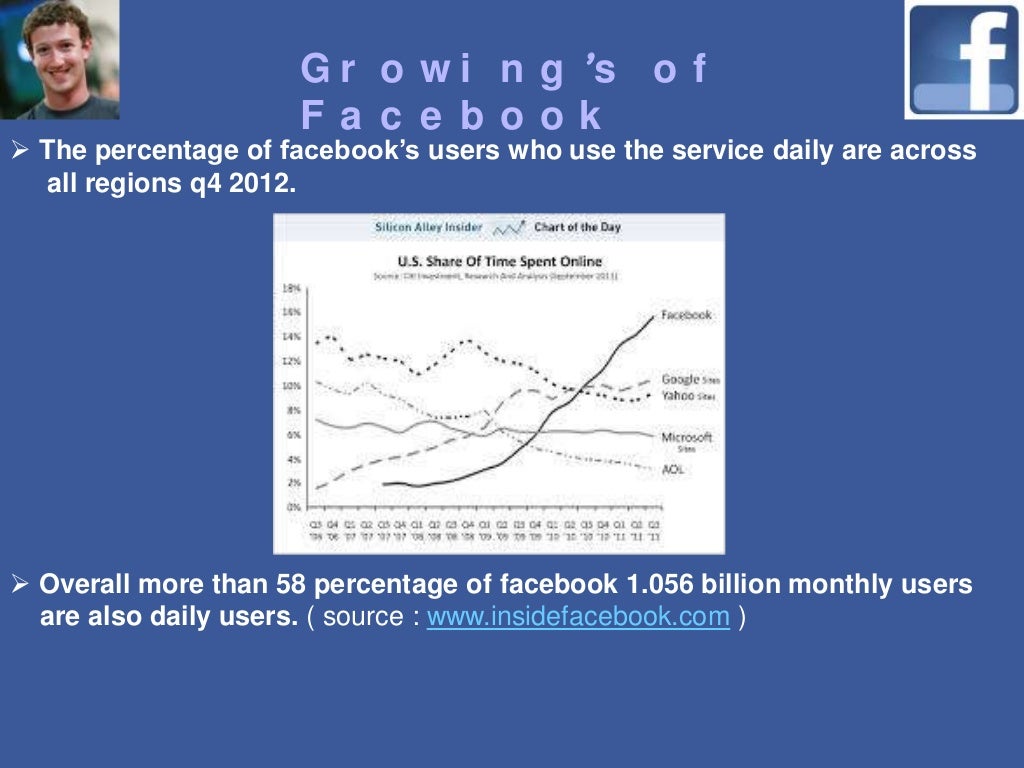Mark Zuckerberg's Leadership In A Trumpian World

Table of Contents
Navigating Political Polarization on Facebook
Facebook, under Zuckerberg's leadership, became a central battleground for political discourse during the Trump presidency. This amplified existing societal divisions, presenting significant challenges for the platform and its CEO.
- The spread of misinformation and fake news: The platform's algorithmic amplification of content inadvertently boosted the reach of false and misleading information, impacting the 2016 US presidential election and beyond. This fueled public distrust and highlighted the limitations of Facebook's content moderation systems.
- The amplification of extremist views and hate speech: Algorithms designed to maximize user engagement also inadvertently amplified extremist viewpoints and hate speech, contributing to political polarization and real-world harm. This became a major point of contention for critics of Facebook's operations.
- The role of algorithms in shaping user experiences and political opinions: Facebook's algorithms, while intended to personalize user experiences, were criticized for creating echo chambers, reinforcing pre-existing biases, and potentially influencing political opinions. This raised concerns about the platform's impact on democratic processes.
- Zuckerberg's response to accusations of bias and censorship: Zuckerberg faced consistent accusations of bias, both for allegedly favoring certain political viewpoints and for failing to adequately address the spread of misinformation and hate speech. His responses often involved a commitment to free speech while simultaneously implementing measures to combat harmful content.
Facebook implemented strategies such as fact-checking initiatives, partnerships with third-party organizations, and improved detection systems to combat misinformation. However, these efforts faced ongoing criticism regarding their effectiveness and limitations, particularly in addressing sophisticated disinformation campaigns. The scale of the challenge and the speed at which misinformation spread proved to be a constant obstacle.
The Challenges of Content Moderation
Content moderation on Facebook during this period presented immense complexities. Balancing free speech principles with the need to prevent the spread of harmful content proved exceptionally difficult, especially in a highly polarized environment.
- Balancing free speech with the need to prevent harmful content: This fundamental tension defined much of the debate surrounding Facebook's content moderation policies. Critics argued that Facebook's approach was insufficient, while others worried that more aggressive moderation would infringe on free expression.
- Dealing with government pressure and calls for censorship: Facebook faced increasing pressure from governments worldwide to remove content deemed offensive or harmful. This pressure varied across different countries and political systems, creating a complex and challenging regulatory landscape for the company.
- The ethical dilemmas faced by Facebook's moderators: The work of Facebook's content moderators, often outsourced to contractors, became a focal point of ethical concern. The emotional toll of reviewing graphic content and making difficult judgment calls on a massive scale sparked intense debate.
- The impact of content moderation decisions on user trust and engagement: Content moderation decisions, regardless of their intent, frequently impacted user trust and engagement. Users who felt their posts were unfairly removed or that censorship was rampant might abandon the platform, leading to declines in user satisfaction.
Zuckerberg's leadership in addressing these challenges involved attempts to create more transparent content moderation policies, increased investment in technology to improve detection, and efforts to engage with civil society organizations. However, criticisms regarding inconsistent application of policies and the difficulties of scaling content moderation efforts persisted.
Responding to Regulatory Scrutiny and Antitrust Concerns
The Trump era also witnessed a significant escalation in regulatory scrutiny of Facebook. Antitrust concerns, data privacy issues, and general concerns about the platform's power fueled investigations and lawsuits.
- Antitrust lawsuits and investigations: Facebook faced numerous antitrust lawsuits and investigations, alleging monopolistic practices and stifling competition. These legal challenges tested Zuckerberg's leadership and the company's resources.
- Data privacy concerns and regulations (GDPR, CCPA): Regulations like the GDPR (General Data Protection Regulation) in Europe and the CCPA (California Consumer Privacy Act) in the US placed significant constraints on Facebook's data handling practices. Compliance required substantial changes to the company's operations.
- Congressional hearings and investigations: Zuckerberg himself faced intense questioning before Congress, addressing concerns about misinformation, data privacy, and the company's overall impact on society. These high-profile appearances tested his ability to communicate effectively under pressure.
- Zuckerberg's testimony before Congress: His testimony, while often carefully worded, offered a glimpse into his decision-making processes and his understanding of the challenges facing Facebook.
Zuckerberg's leadership during this period involved significant lobbying efforts, legal battles, and a shift towards a more conciliatory approach to regulators. While the long-term consequences of these regulatory challenges remain to be seen, the company experienced setbacks and changes under this intense scrutiny.
Zuckerberg's Leadership Style in a Crisis
Zuckerberg's leadership style during the Trump era was defined by a combination of decisiveness, a focus on long-term vision, and a willingness to adapt to changing circumstances.
- His communication strategy and public image: Zuckerberg's public image underwent significant evolution during this period. His early reticence to publicly engage with critics gave way to a more proactive, if sometimes controversial, approach to communication.
- His decision-making process and accountability: Decisions regarding content moderation, algorithm adjustments, and responses to regulatory pressures were often made amidst considerable internal debate. Zuckerberg's role in these decisions and his level of accountability remained a subject of discussion.
- His relationship with employees, investors, and the public: Maintaining strong relationships with employees, investors, and the public amidst the storm of criticism proved to be a critical element of Zuckerberg's leadership during this turbulent period.
- His ability to adapt to changing circumstances: Zuckerberg demonstrated an ability to adapt his strategy in response to criticism and changing circumstances, highlighting a degree of flexibility within his leadership style.
Compared to other prominent tech CEOs, Zuckerberg's approach showed a blend of proactive and reactive measures, characterized by a strong emphasis on the company's long-term strategic goals. The long-term impact of his leadership on Facebook and the broader tech industry is still unfolding.
Conclusion
Mark Zuckerberg's leadership during the Trump era was tested by unprecedented challenges, from combating misinformation and political polarization to navigating intense regulatory scrutiny. His responses, both successful and unsuccessful, offer valuable insights into leading a major tech company during times of significant political and social upheaval. Understanding Mark Zuckerberg's leadership in a Trumpian world is crucial for comprehending the evolution of social media and its impact on society. Further research into his strategies and their effectiveness will provide valuable lessons for future leaders navigating similar complex challenges. Continue the discussion by sharing your insights on Mark Zuckerberg's leadership. What were his biggest successes and failures? Let’s discuss Mark Zuckerberg’s leadership in the comments below.

Featured Posts
-
 Tweede Kind Voor Jennifer Lawrence Recente Ontwikkelingen
May 20, 2025
Tweede Kind Voor Jennifer Lawrence Recente Ontwikkelingen
May 20, 2025 -
 La France A L Eurovision 2024 Devoilement De La Chanson De Louane
May 20, 2025
La France A L Eurovision 2024 Devoilement De La Chanson De Louane
May 20, 2025 -
 Understanding D Wave Quantums Qbts Monday Stock Price Decrease
May 20, 2025
Understanding D Wave Quantums Qbts Monday Stock Price Decrease
May 20, 2025 -
 March 15 Nyt Mini Crossword Solutions
May 20, 2025
March 15 Nyt Mini Crossword Solutions
May 20, 2025 -
 Taika Waititis Family Film Adds Mia Wasikowska To The Cast
May 20, 2025
Taika Waititis Family Film Adds Mia Wasikowska To The Cast
May 20, 2025
